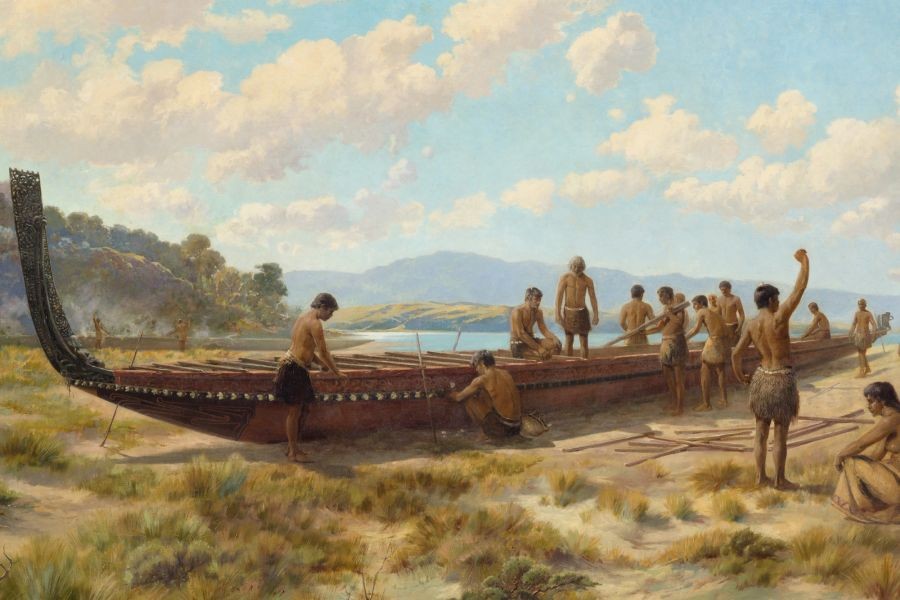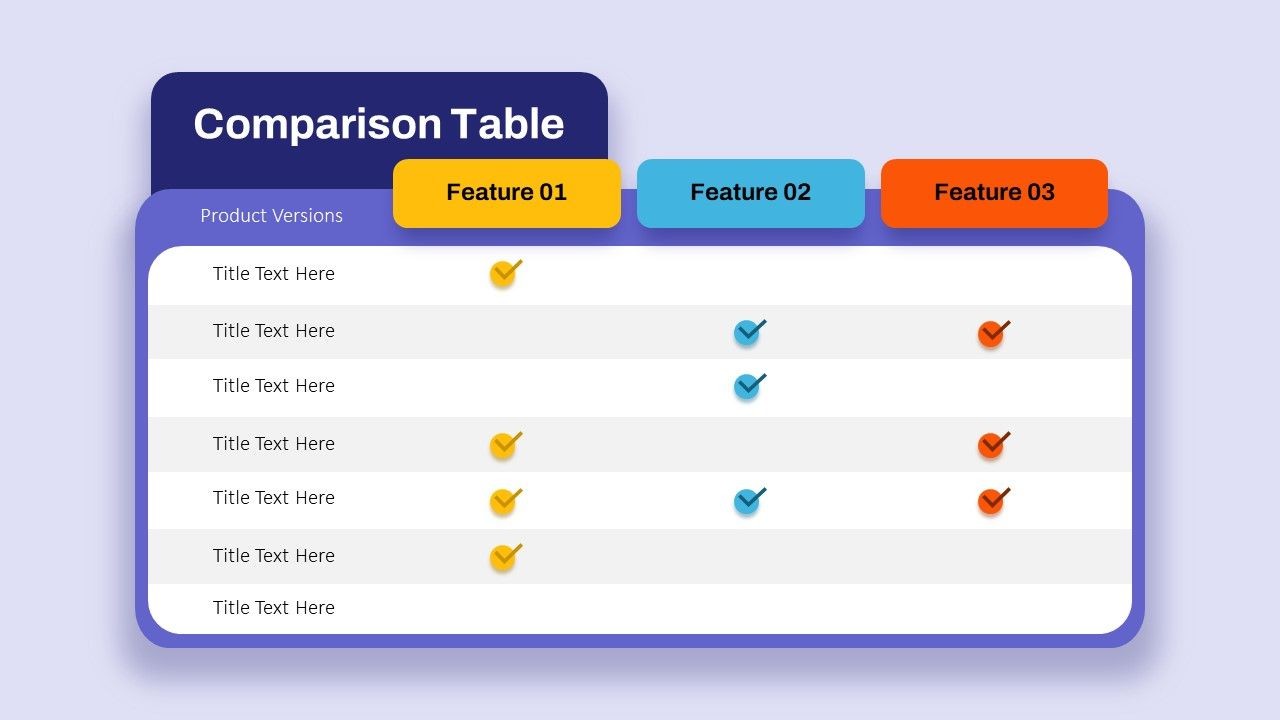Indigenous history is an integral part of understanding New Zealand's cultural landscape. As an analyst, grasping the nuances of Māori heritage is crucial not just for cultural appreciation but also for informed decision-making in various sectors, including business, policy-making, and education. This article delves into practical strategies for understanding New Zealand's indigenous history in a comprehensive context, offering data-driven insights and reflections on the intersection of Māori history with modern-day New Zealand.
The Importance of Māori History in New Zealand’s Socio-Economic Context
The Māori people, the indigenous Polynesian population of New Zealand, have a profound historical and cultural impact on the nation. Understanding Māori history is essential for anyone looking to engage deeply with New Zealand's socio-economic fabric. For instance, Māori culture significantly influences New Zealand's tourism industry, with Māori cultural experiences being a major draw for international visitors. According to Stats NZ, Māori tourism contributes over NZD 1 billion annually to the country's economy, underscoring the economic relevance of indigenous history.
Integrating Māori Perspectives in Policy and Business
Incorporating Māori perspectives is increasingly seen in New Zealand's policy-making and business practices. The Treaty of Waitangi, signed in 1840 between Māori chiefs and the British Crown, remains a foundational document guiding the relationship between Māori and the government. Businesses and policymakers are now more frequently consulting with iwi (tribes) on projects that impact Māori communities. This is not just a cultural necessity but also a strategic approach, as Māori businesses are projected to grow significantly, contributing to the diversification of New Zealand’s economy.
Case Study: Ngāi Tahu's Economic Development
Problem: Ngāi Tahu, one of the largest iwi in New Zealand, faced economic challenges that threatened the sustainability of its community.
Action: The iwi implemented a strategic investment plan focusing on sectors like tourism, property, and fisheries. They leveraged their cultural heritage to create unique tourism experiences and invested in sustainable practices in fisheries and property development.
Result: Over a decade, Ngāi Tahu's assets grew from NZD 170 million to over NZD 1.5 billion. The iwi has become a significant economic player, demonstrating the potential of integrating indigenous values with modern economic strategies.
Takeaway: This case highlights how Māori organizations can successfully blend traditional values with contemporary economic practices, providing a model for sustainable growth that respects cultural heritage.
Data-Driven Insights on Māori Economic Impact
According to the Ministry of Business, Innovation and Employment (MBIE), the Māori economy is estimated to be worth over NZD 50 billion, with significant contributions in agriculture, fisheries, and forestry. This economic strength is increasingly being recognized, leading to more inclusive policies and business practices that acknowledge and incorporate Māori perspectives.
Debunking Myths about Māori History
Myth: Māori history is only relevant to cultural studies.
Reality: Māori history is integral to understanding New Zealand’s entire socio-economic landscape, influencing sectors such as tourism, agriculture, and politics.
Myth: The Treaty of Waitangi is a historical document with no present-day relevance.
Reality: The Treaty continues to be a living document, influencing legal and political frameworks in New Zealand.
Myth: Māori economic contributions are minimal.
Reality: The Māori economy is a substantial part of New Zealand's overall economic framework, with growing influence in various sectors.
Future Trends in Māori Integration
As New Zealand continues to evolve, integrating Māori perspectives is expected to become even more prevalent. By 2030, it is projected that Māori businesses will play a pivotal role in New Zealand's innovation and sustainability sectors. This integration will likely lead to enhanced collaborative efforts between Māori and non-Māori organizations, fostering a more inclusive economy.
Practical Steps for Engaging with Māori History
- Engage with Local Iwi: Building relationships with local tribes can provide valuable insights and foster mutual understanding.
- Educate Yourself: Utilize resources like Te Ara (the Encyclopedia of New Zealand) and attend cultural events to deepen your knowledge.
- Incorporate Māori Values: In business, consider integrating Māori values such as kaitiakitanga (guardianship) and manaakitanga (hospitality) into your practices.
- Support Māori Enterprises: Engaging with Māori businesses not only supports the local economy but also enriches your understanding of indigenous practices.
Final Takeaways
- Understanding Māori history is crucial for engaging with New Zealand's cultural and economic landscape.
- Incorporating Māori perspectives can lead to more inclusive and sustainable business practices.
- The Māori economy is a growing force that will increasingly influence New Zealand’s future.
- Engagement with indigenous history provides valuable insights and fosters cultural appreciation and economic growth.
Conclusion
Understanding and integrating Māori history and perspectives is not only a cultural imperative but also a strategic necessity for anyone looking to engage deeply with New Zealand’s socio-economic landscape. What steps will you take to incorporate indigenous insights into your practice? Share your thoughts and strategies in the comments below!
People Also Ask (FAQ)
How does Māori history impact businesses in New Zealand? Understanding Māori history can lead to more inclusive business practices and better engagement with Māori communities, enhancing brand loyalty and opening new market opportunities.
What are the biggest misconceptions about Māori contributions? A common myth is that Māori contributions are minimal. However, the Māori economy is valued at over NZD 50 billion, with growing influence in various sectors.
Related Search Queries
- Understanding Māori History in New Zealand
- Māori Economy and Business Growth
- Māori Cultural Influence on New Zealand Tourism
- Integrating Māori Perspectives in Business
- Economic Impact of Māori Enterprises
































PorterZiem
8 months ago